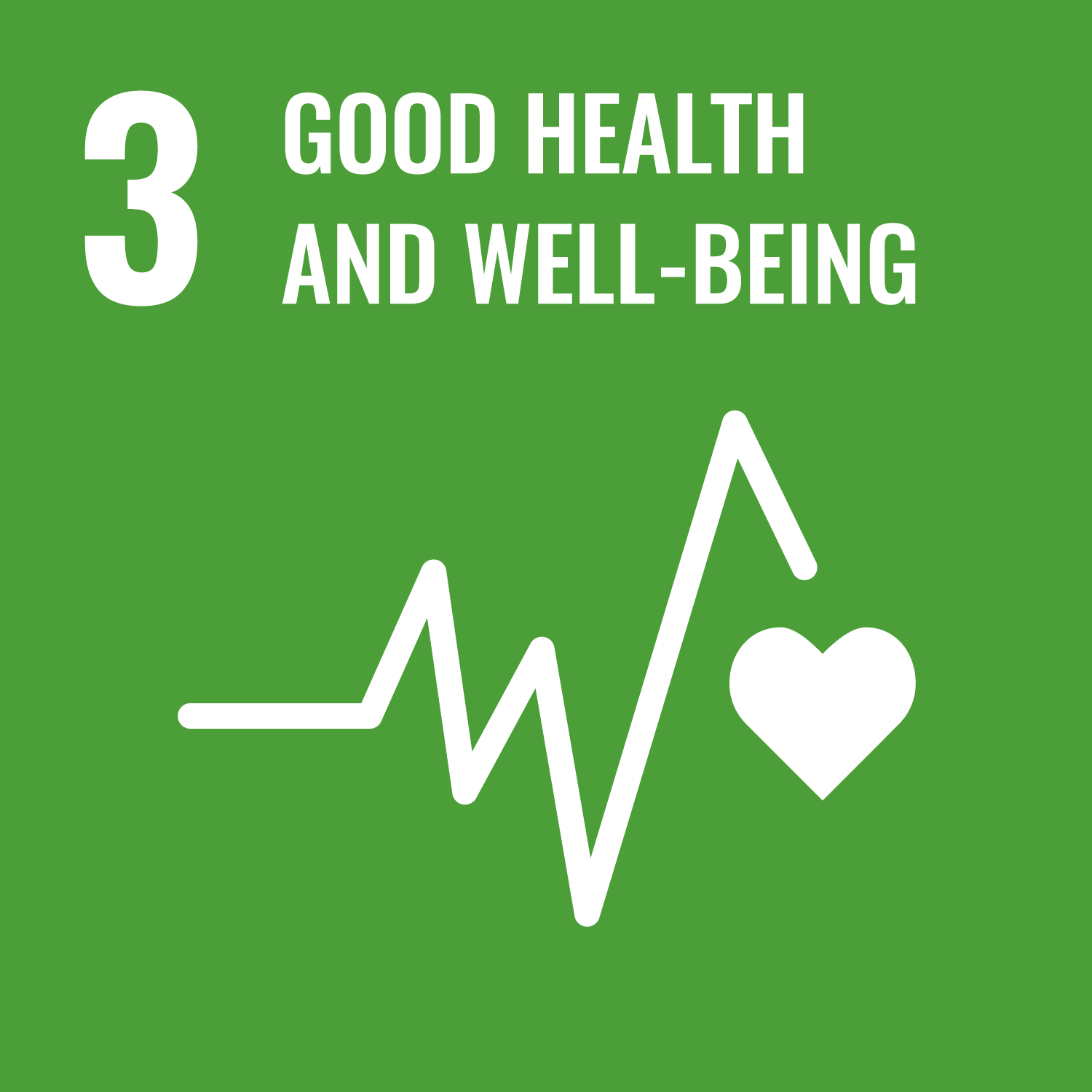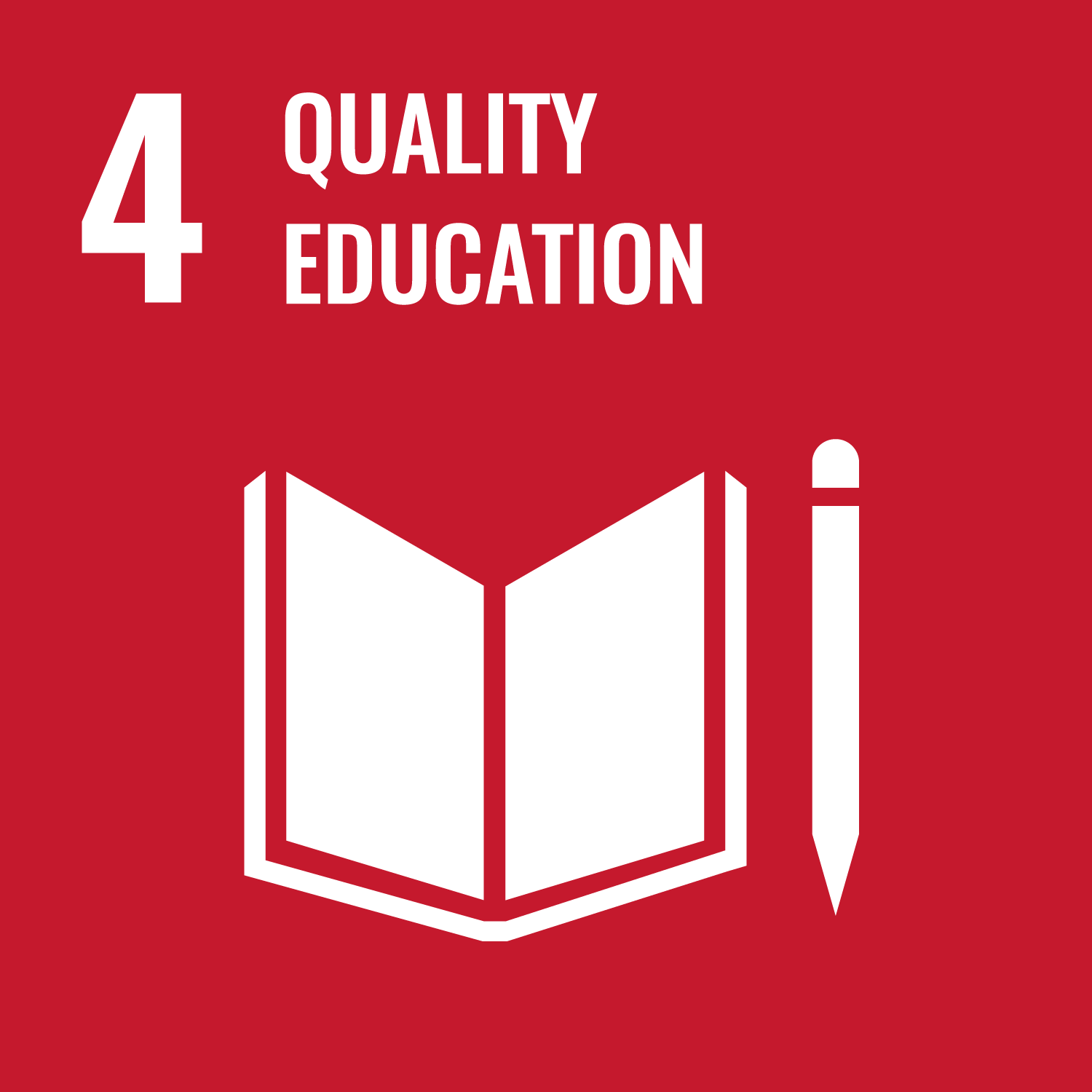 Portal U de A - Cabezote - WCV(JSR 286)
Portal U de A - Cabezote - WCV(JSR 286)
 Signpost
Signpost
Fichas
 Cognitive Psychology Research Group (PSICOG)
Cognitive Psychology Research Group (PSICOG)
Research group
Spanish
Cognitive Psychology Research Group (PSICOG)
Academic Unit: Faculty of Social and Human Sciences
OECD
Discipline
Social sciences
Subdiscipline
Psychology
Strategic Focus
The group formulates and develops basic and applied research projects in psychology and cognition. During the design and execution of projects, the training of researchers is a central axis that goes from the undergraduate to the doctoral level and is materialized through scientific publications, lectures at national and international events, scientific cooperation and the development of programs with social projection that promote practices based on research and the social appropriation of knowledge. The group's development horizon is aimed at consolidating itself locally, nationally and internationally, as an academic community of reference for the training of researchers and scientific production in psychology and cognition, with high standards of quality, productivity, disciplinary, interdisciplinary and social impact.
Research Areas and Topics
- Evolution and cognition.
- Clinical and health psychology.
- Neuropsychology.
- Social cognition and culture.
- Cognition and Education.
- Research in Psychometrics.
- Non-mediational analysis of cognition.
Sustainable Development Goals (SDGs)


Group Coordinator

Mercedes Jiménez Benítez
PhD in Clinical Psychology and Master’s degree in Clinical and Health Psychology, Complutense University of Madrid (Spain)
Group Coordinator Email
Research Group Email
Scientific Cooperation
Collaborative Relationships
- Texas Tech University, United States.
- Universidad Veracruzana, Mexico.
- Hradec Králové University, Czech Republic.
- University of Munich, Germany.
- University of Minnesota, United States.
- University of Deusto, Spain.
- University of Salamanca, Spain.
- Universidad Pablo de Olavide, Spain.
- Universidad CES, Colombia.
- University of the Andes, Colombia.
Notable Projects
- Reputation and cooperative behavior: a comparative study between children andadults.
- Collective imaginaries: contribution to the strengthening of social and community identity.
- Neurobiological Alterations in Children and Adolescents with Post-Traumatic Stress Disorder: Evidence from Neuropsychological Evaluation and Neuroimaging Study (FMRI).
- Relationship between Personality Disorders, Pathological Traits and Personality Dysfunctional Beliefs.
Research Portafolio
- Continuing education activities (conferences, seminars, diplomas, short or in-depth courses...) to professional communities and the general population.
- Consolidation of eight research seedbeds articulated to the RedSin (by its Spanish acronym) which is the Network of Research Seedbeds from Universidad de Antioquia.
- Support for students' research projects in the framework of the Young Researchers Program, participation in calls to support undergraduate and postgraduate thesis or projects, internships and the linking of students to the group's research projects.
- Consolidation as a setting for research practices, which can be articulated, either to specific projects of the research lines, or to the Laboratory, Measurement and Evaluation, and Psychological Care services from the Psychology Department.
- Strengthening of lines of research in ongoing postgraduate programs (master’s degree in psychology and PhD in Social Sciences) or in development (master’s degree in clinical psychology and PhD in Psychology), as well as participation in other postgraduate programs outside the academic unit or the University.
- Own academic and scientific production and dissemination of knowledge through publications and events.
- Advice or consultancy to public or private institutions, social organizations or academic or social communities, with an impact on public policies.
- Participation in evaluation committees of scientific projects, programs and publications.
- Development of educational materials for specific professionals or communities.
- Participation in calls and development of research and intervention projects in partnership with other research groups and in articulation with communities, social organizations and government institutions.
- Exchange, mobility and academic cooperation activities through inter-institutional agreements at national or international level.
- Participation in the design and implementation of the Psychological Care Service and the Health Observatory of the Department of Psychology.

More Information



